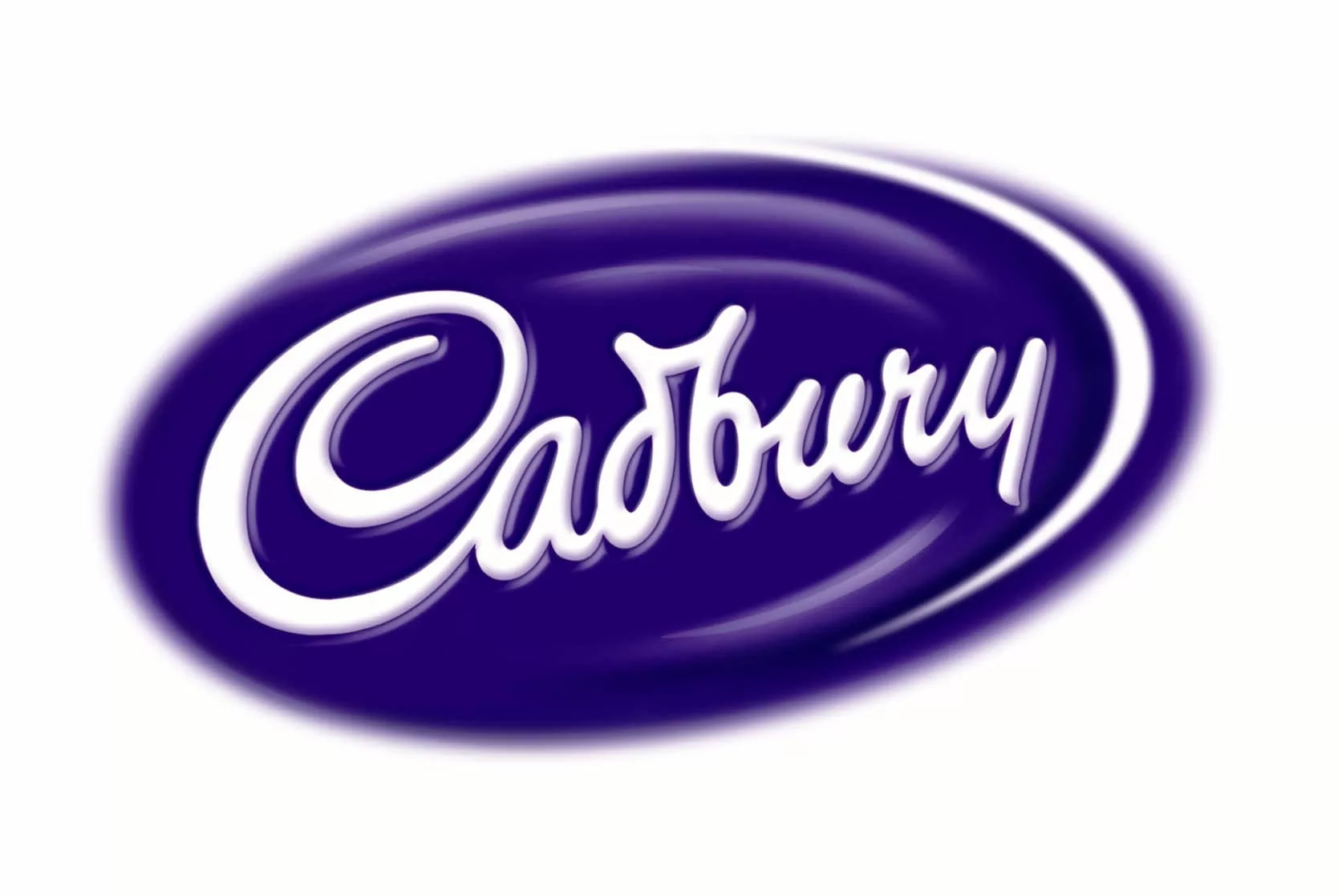Without a doubt, Cadbury (Nigeria) Limited is a very successful company in the economy of Nigeria. It also has in its Board of Directors some of the most prominent members of the Nigeria ruling class-all who are united by one main factor,i.e. as REAL enemies of the Nigerian working class.
In the past 5 years, 1978-1982, there has been a constant increase in the company’s yearly-declared turnover. The figures are as follows:
TURNOVER. YEAR
- #57.3m. 1978
- #67.2m. 1979
- #79.9m. 1980
- #98. 8m. 1981
- #112.7m. 1982
This is very clear enough-there has been a CONSTANT increase in the declared turnover!As the figures provided show, 1982 witnessed the highest point in turnover. It is very important to note, that May 1982, witnessed the retrenchment of 142 workers by the management of Cadbury (Nig.)Ltd. The reason given, being that the present economic crisis was responsible.
In spite of this however, “… the output performance, particularly, in the second half of the year was very encouraging and this… enabled a turnover of #112.7m to be achieved an improvement of 14. 1% over the previous year”, this according to Mr. G.O. Onosode, Chairman of the Board of Directors, and a man, who increased his own shares in the company from 12,442 shares in 1981 to 16,589 in 1982.
In reality, what did the figures provided tell us? The reality was that when 142 workers were retrenched, the remaining workers were FORCED, to add on to their own jobs, the jobs of the 142 workers. This time, WITHOUT any additions in their emoluments This explained the rise in the turnover of Cadbury (Nig. )Ltd in 1982.
How did we get these facts? Simple. It is by taking a look at the whole history of the capitalist mode of production. What is the essence of this mode of production? It is to make profits. The way to profit is to increase the UNPAID portion of the working day of a worker.
In the whole history of capitalism, the means employed by the capitalist class to increase their profits(better known as surplus value, because it represents the unpaid value created by workers are:
- extending the working day without increasing wages;
- reducing wages without reducing the working day or output;
- increasing output per hour either by forcing the workers to work harder per hour for the same wage, or by improving methods of production
As a result of struggles waged by workers the world over, it is no longer possible generally, for the capitalists to increase the working hour, at the same time, increase wages.
The second option of reducing wages without reducing working hours is also a step that they will hesitate to take.
In view of the undeveloped nature of capitalism in Nigeria, increase in output, through improvements in methods of production is therefore still a dream (this is unlike the capitalist states of America, Japan, and Western Europe, where workers are losing jobs to robots and machines, in the desire of the capitalists to keep up their profits).
So in most cases, as in the case of Cadbury, what is done is to increase output per hour by FORCING workers to work even harder, or by carrying the extra burden of retrenched workers.
It is for this reason, that Chairman Onosode of Cadbury can report to shareholders, that “Despite the continuing pressure on personnel-related and other costs, control of overheads GENERALLY was tighter than in previous years. All of this meant that at the trading profit level, the result was ACTUALLY AHEAD of the equivalent figure in 1981…”
We must never forget that in May 1982, this was not what the management of Cadbury said in retrenching 142 workers. Can we ever forget also, that many of the retrenched workers were imprisoned by the forces of “law and order” -a clear example of the fact that governmental power in Nigeria exists to protect the interests of employers of labour as against workers!
It will also be educative for workers to know the other members of the Board of Directors of this notorious company. They are as follows:
- Chairman: G.O. Onosode- 16, 581 shares (1982) from 12,442(1981) ;
- Managing Director: Charles R. Clarke (British);
- Deputy M. Director: Dr. C. Kolade-5,581 shares (1982) from 4,186 (1981) ;
DIRECTORS:
- Norman David Jackson (British)
- Esene Macfarlane-8,625 shares (1982) from 6, 469 – (1981) ;
- Robert William Motteran (British);
- Oluranti O.Odubogun- 15,287 shares(1982) from 11,466 (1981);
- Joseph A. Onyesoh-16,055 shares (1982) from 12,042 (1981);
- Dr. Mahmud Tukur-1,033 shares from 775 (1981) ;
- Gerald W.Walsh (British).
Can it ever be a coincidence, that each of the members of the Board (the Nigerian members) increased their shareholdings in 1982, a year that the government announced its austerity measures, and when hundreds of thousands of workers lost their jobs? In other words ‘austerity’ is only for the poor!
Here is another statement from the Cadbury annual report. This says that “As of 31st Dec. 1982, Cadbury Schweppes Overseas Ltd., held 8, 860, 444 Ordinary shares of 50k each, representing 40% of the company’s issued and fully paid ordinary share capital. No other person holds more than 5% of the issued shares of the company”.
What then can be learned from this? It is that in spite of the shouts of the Nigerian ruling class about ‘indigenization’, foreign-owned companies STILL dominate the economy of Nigeria.
As we’ve seen from the Cadbury situation, the ‘big men’ of Nigeria are just servants of foreign economic interests. And as these ‘big men’ control government, legislature, judiciary, and armed forces, and other agencies of law and order, they are DUTY BOUND to PROTECT the interests of their masters, as therein lie their own interests.


